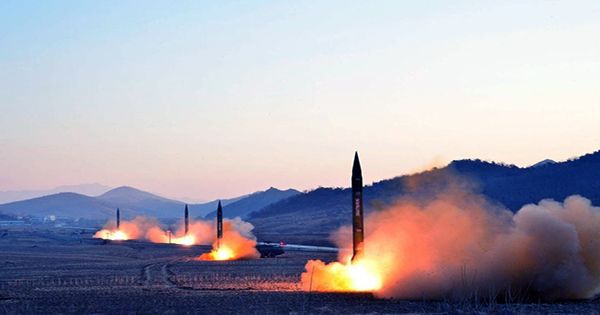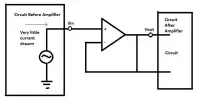This, understandably, is a tough job looking after secret signals abroad that they do not necessarily want there. After all, if you or I forget the code to enter an office, the worst that can happen is we will probably miss lunch; that the military forgets any part of the long and detailed security protocol near nuclear weapons could accidentally cause an international emergency. That is why so many soldiers stationed at U.S. military bases in Europe have turned to flashcard learning applications to help them memorize these protocols – and, a new investigation from Bellingcat reveals how they leaked sensitive information about U.S. nuclear arsenals online.
Flashcard applications work well, like flashcards: your virtual “card” has a question or prompt on one side and answers on the other. These are useful tools for reviewing exams or learning a language. The problem (or at least the problem if you are trying to study something high-class) is that any flashcards uploaded to these applications are publicly available.

In fact, as Bellingcat explains, the discovery of U.S. nuclear weapons locations, such as the names of potential air bases with Google, “vault”, “pass” [protective air shelter], or “WS3” [weapons storage and security system]. Now, the nuclear weapons leaks are not so big a thing – they should be, but they accidentally leaked two years ago. However, using these applications, soldiers can simply pinpoint any airbases anywhere on the site: the various flashcards obtained by Bellingcat include details such as nuclear weapons in vaults, secret code words that signal a guard when they are in trouble, and how often they used frequently, and details of the number and location of security cameras around the base. Some even limited areas contain details of badges required for access.
Dr. Jeffrey Lewis, director of the East Asia Non-Proliferation Program at the James Martin Center for Nonproliferation Studies, told Bellingcat that the findings show a “clear violation” of U.S. nuclear safety practices. “It’s another warning that these weapons are not safe.” A representative for the U.S. Air Force (USAF) confirmed that they were aware of the soldiers’ use of the Flashcard application, but acknowledged that they were not aware of any official assessment of the use of such online support.
















